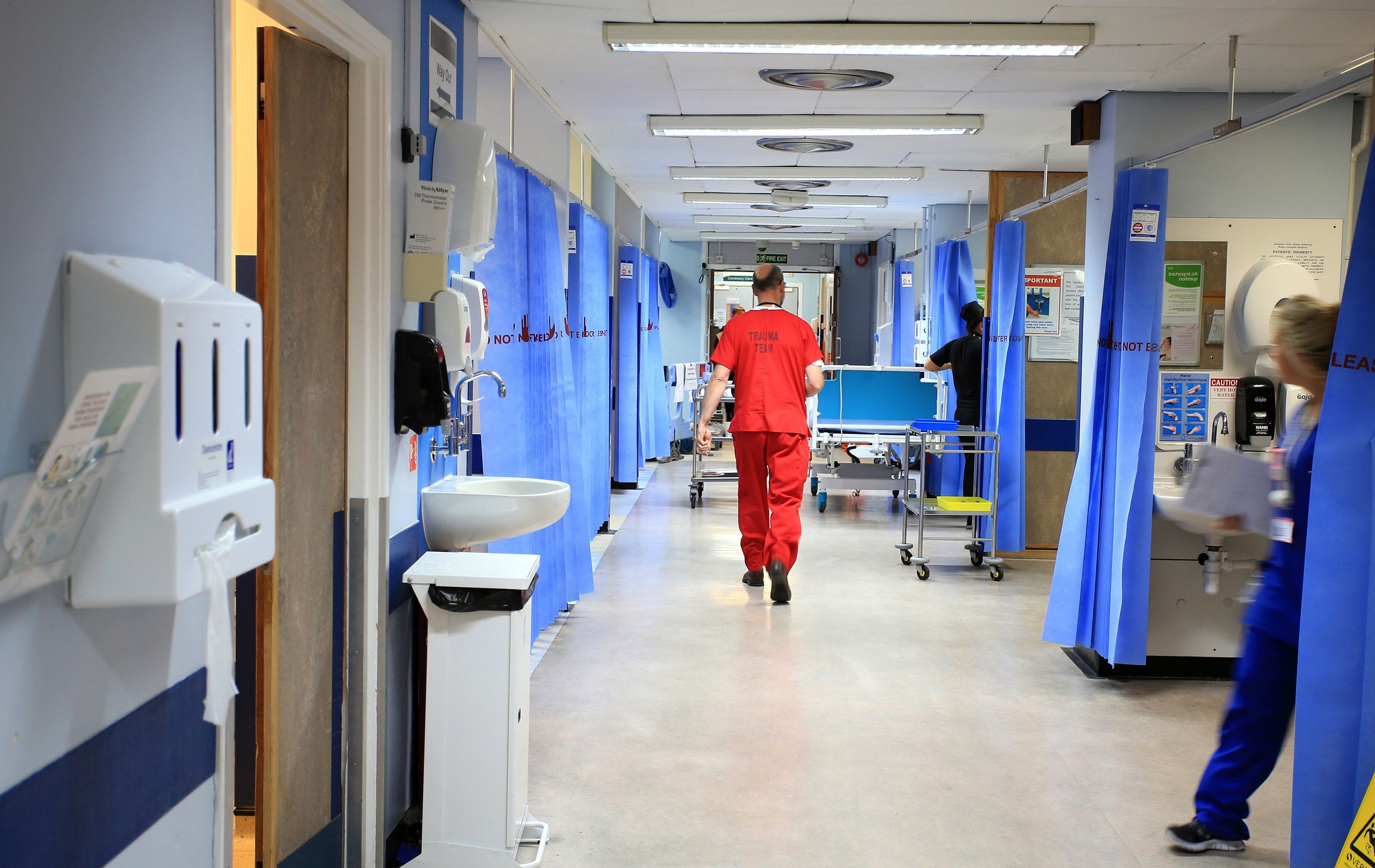GPs ‘struggling to access scans to diagnose people with pancreatic cancer’
Around 80% of people with the cancer do not receive their diagnosis until after the disease has spread.

GPs are struggling to access scans to diagnose people with pancreatic cancer, according to a new poll.
The survey, for Pancreatic Cancer UK, found only 30% have sufficient access “all of the time” to the scans needed to diagnose the deadly cancer.
The poll of 1,004 UK GPs also found 36% had sufficient access “some of the time”, while 20% said they were either “rarely” or “never” able to refer someone.
Around 80% of people with the cancer do not receive their diagnosis until after the disease has spread – almost double the proportion of other cancers.
Symptoms of the disease can be quite vague and include back pain, indigestion and unexpected weight loss.
There are referral routes available for patients with non-specific symptoms but how they are organised and the criteria for accessing them can vary across the county
NHS guidelines say people should be referred if they are aged 40 and over and have jaundice.
GPs should also consider an urgent direct access CT scan (to be done within two weeks), in people aged 60 and over with weight loss and any of the following: diarrhoea, back pain, abdominal pain, nausea, vomiting, constipation or new‑onset diabetes.
Anna Jewell, director of support, research and influencing for Pancreatic Cancer UK, said: “We know from talking to GPs that in some instances they feel unable to refer someone with the non-specific symptoms associated with pancreatic cancer because they don’t meet the threshold recommended by the National Institute for Health and Care Excellence (Nice).
“Expanding the Nice referral criteria to give GPs more confidence in requesting CT scans for suspected pancreatic cancer is something we are very keen to see happen, along with the creation of a faster dedicated pathway for diagnosing pancreatic cancer that can be implemented nationally.
“There are referral routes available for patients with non-specific symptoms but how they are organised and the criteria for accessing them can vary across the county.
He didn't want this to happen to anyone else, and he was so angry. He never wanted his boy to be without a dad
“More awareness of these routes at a local level is vitally important as there is no time to wait with pancreatic cancer, it is the quickest killing cancer.”
Pancreatic Cancer UK is launching a new Unite-Diagnose-Save-Lives campaign.
Nearly half of all people diagnosed with pancreatic cancer are currently diagnosed via emergency (such as through visiting A&E) and most of the time it is too late to save their lives.
Jay Newell-Hughes died in February aged 46 from the disease.
He reported his symptoms of unexplained stomach pains, acid reflux and vomiting to his GP a dozen times.
It was only when a different GP saw him that he was referred for a scan and diagnosed.
He was given only a few months to live and leaves behind his six-year-old son Kal and wife Mihika, 33.
She said: “Jay really wanted to help raise awareness because he was horrified reading the stories of how many people going through the same thing.
“He didn’t want this to happen to anyone else, and he was so angry. He never wanted his boy to be without a dad.”
Bookmark popover
Removed from bookmarks